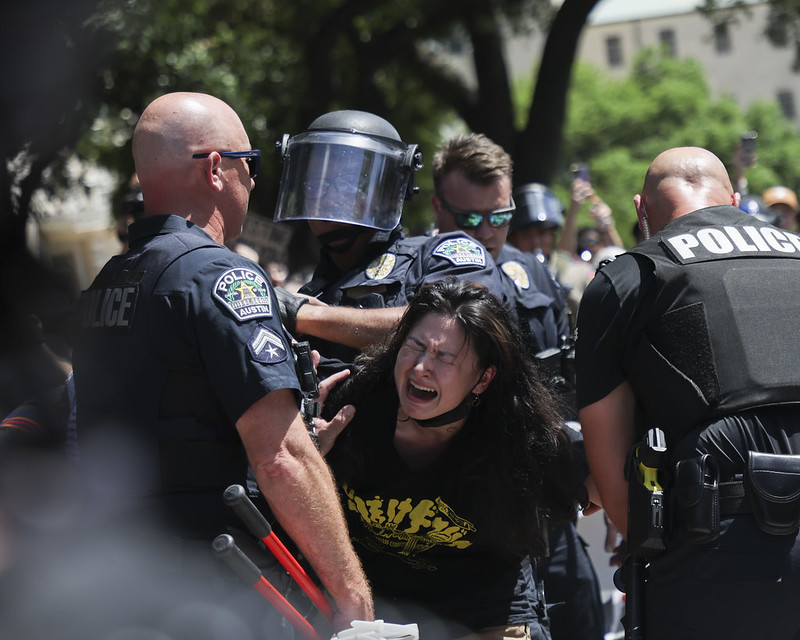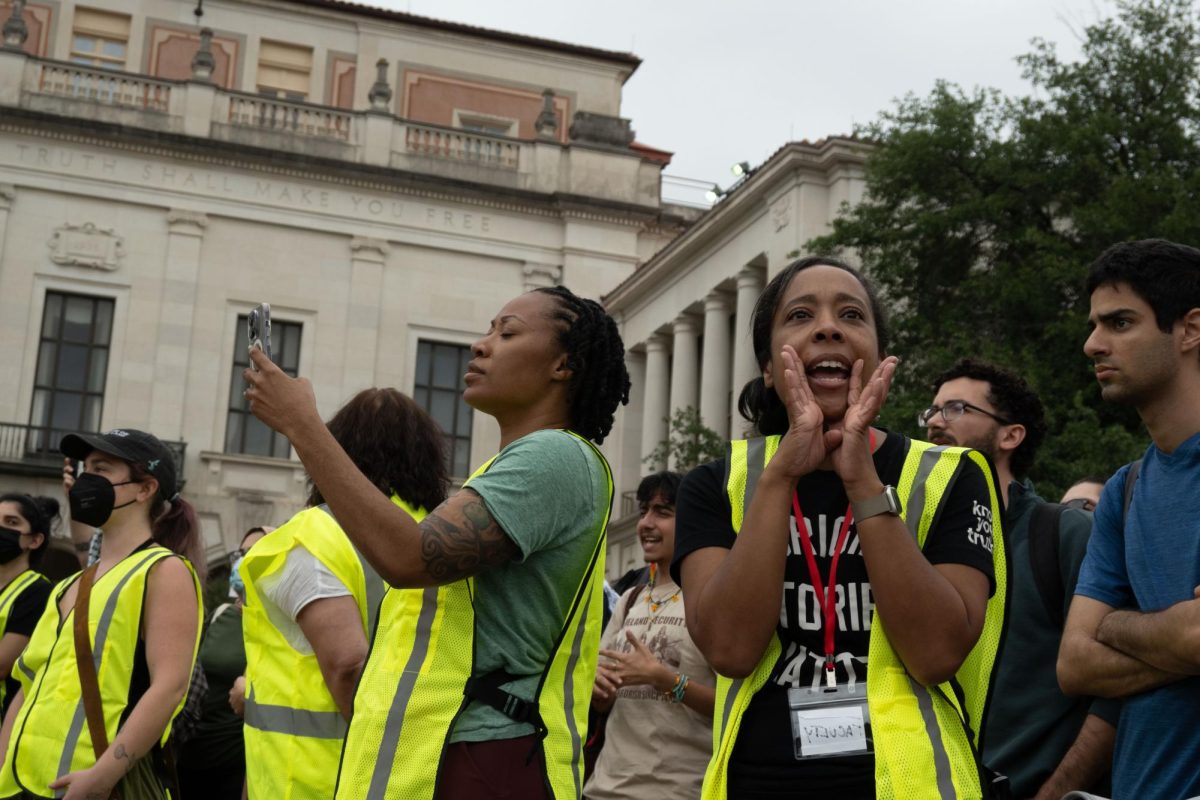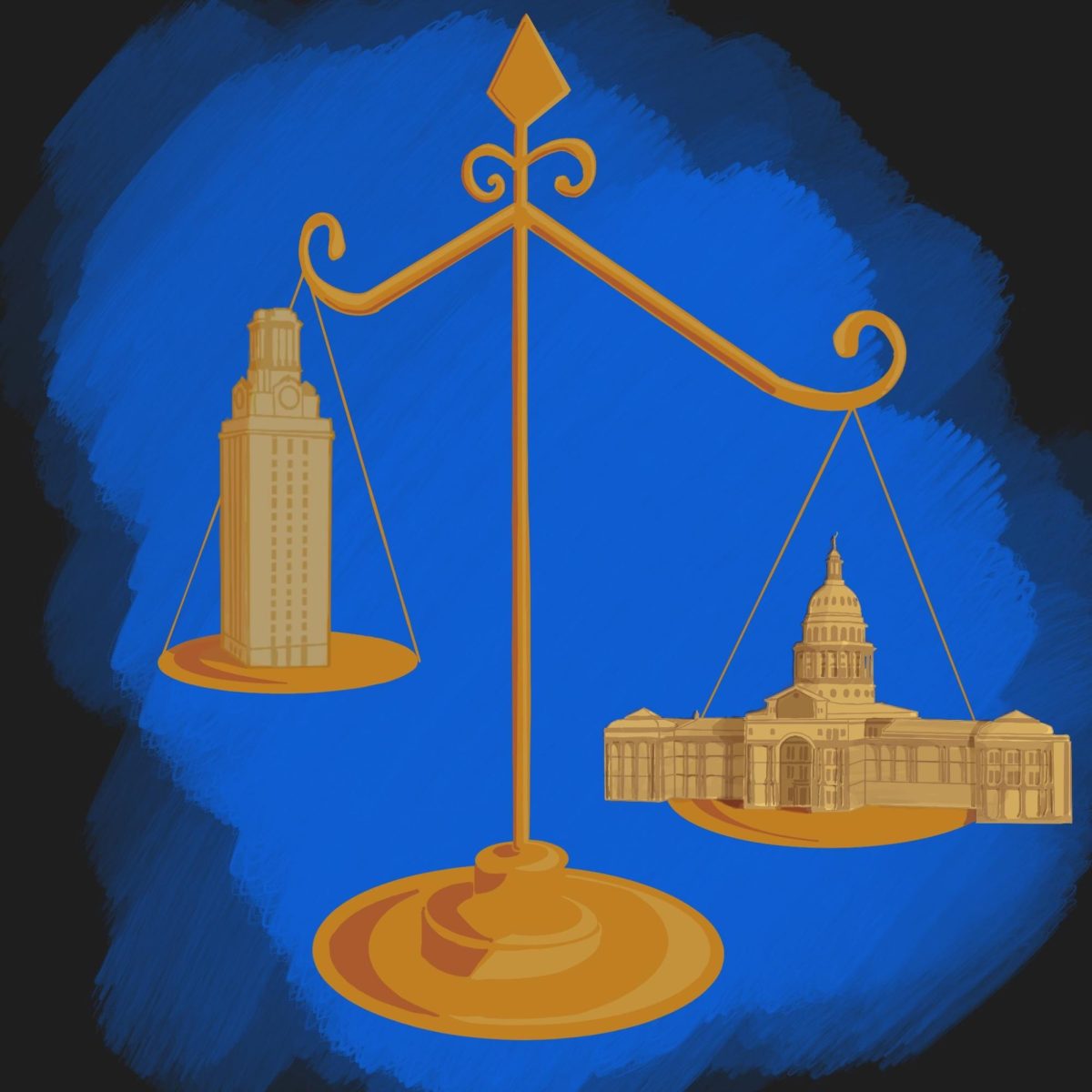Texans will vote on 14 constitutional amendments proposed by the Texas Legislature on Nov. 7.
The Texas Constitution requires “specific constitutional language” to justify legislative actions, so Texas holds constitutional amendment elections biennially, said Joshua Blank, research director at the Texas Politics Project at UT.
“More often than not, these are about relatively low-key functions of government and essentially asking permission from voters to set up new funding mechanisms for things like parks or broadband expansion,” Blank said.
Five of the amendments “seek to create or alter funds” for things like higher education, broadband expansion, state parks, water infrastructure or gas-fueled power plants, Blank said.
One of those amendments, Proposition 5, could increase research funding to schools such as Texas Tech University, bringing them up to the standard of schools like UT and Texas A&M, said Sherri Greenberg, assistant dean for state and local government at the LBJ School of Public Affairs.
Another amendment proposes, Proposition 9, a cost of living adjustment to increase retired teachers’ pensions, Greenberg said.
Early voting runs from Oct. 23 to Nov. 3, said Scott Poole, president of TX Votes, a nonpartisan student organization working to ensure students know how to vote and what is on their ballot.
Students can vote early at the Flawn Academic Center on campus, Poole said, or on election day at the FAC or the LBJ School of Public Affairs. The Perry-Castañeda Library is no longer an eligible voting location. Voters will need one of seven acceptable forms of identification, such as a valid Texas driver’s license, U.S. passport or Texas identification card.
Additionally, students should write down how they want to vote on each proposition before getting to the polls, as phone use is prohibited, Poole said.
For students seeking more information on the propositions, VOTE411, run by the nonpartisan advocacy group League of Women Voters Education Fund, breaks down what certain proposals would do, Poole said.
“It’s important that every student gets involved with voting,” Poole said. “In the past, students have been underrepresented in the electorate, meaning that they vote at lower rates than other age groups.”
Turnout among registered voters for constitutional amendment elections ranges from about 6% to 12% in Texas, which is already a low-turnout state, Blank said.
“Only the most committed voters turn out … they tend to be habitual voters, older, whiter and not necessarily representative of the broader population by any stretch,” Blank said.
Because of the lack of voters, those who do vote have an “outsized influence in that election,” Poole said.
“Local elections like this tend to have a greater impact on people’s day-to-day lives,” Poole said. “Yet we still see that voter turnout is lower during this election, so our goal is to sort of reverse that trend and try to increase voter turnout as much, especially among students.”
For detailed information on each proposition, visit the Texas Secretary of State’s website.














